News
The Nigerian government has set the minimum age for admission into tertiary institutions at 16 years old.

The Nigerian federal government has officially set 16 years as the minimum age for admission into tertiary institutions. This decision marks a significant reversal from previous policies that allowed younger candidates to gain admission, addressing ongoing concerns about underage admissions in the country.
Policy Change
The announcement was made during a recent meeting involving the Minister of Education and other stakeholders in the education sector. The new policy aims to standardize the age requirement for all tertiary institutions, including universities, polytechnics, and colleges of education, ensuring that students are of an appropriate age to handle the academic demands of higher education.
Rationale Behind the Decision
The government’s move is seen as a response to public outcry regarding the prevalence of underage admissions, which has raised questions about the integrity of the educational system. By establishing a clear minimum age, the government hopes to promote fairness and equity in the admission process and enhance the overall quality of education in Nigeria.
Implications for Students
This policy change will affect many prospective students who may have previously been eligible for admission at a younger age. Institutions are now required to adhere strictly to the new age limit, which is expected to reshape the admissions landscape in the coming academic years.
As the education sector adapts to this new directive, stakeholders will be watching closely to see how it impacts enrollment and the overall educational experience for Nigerian students.







